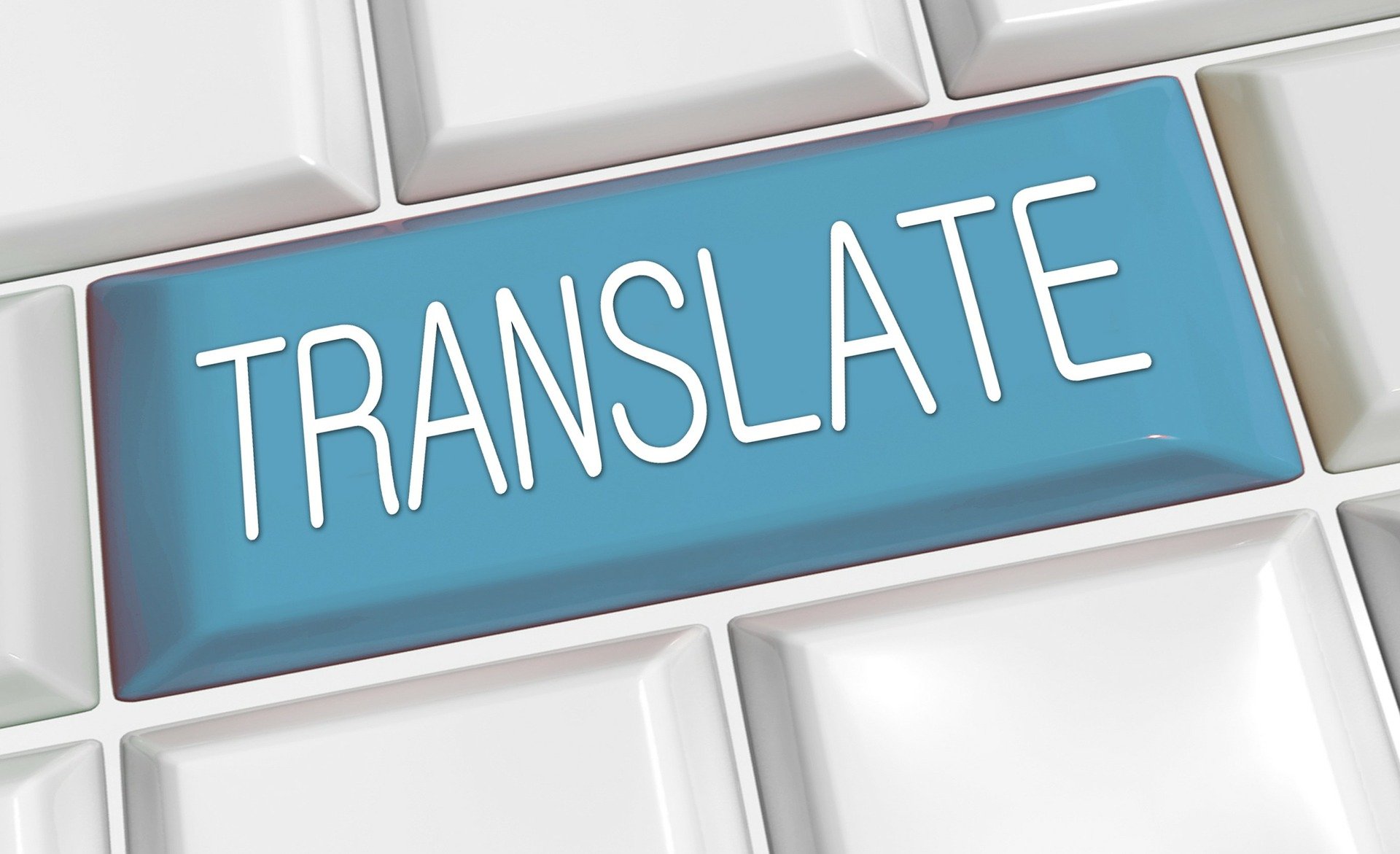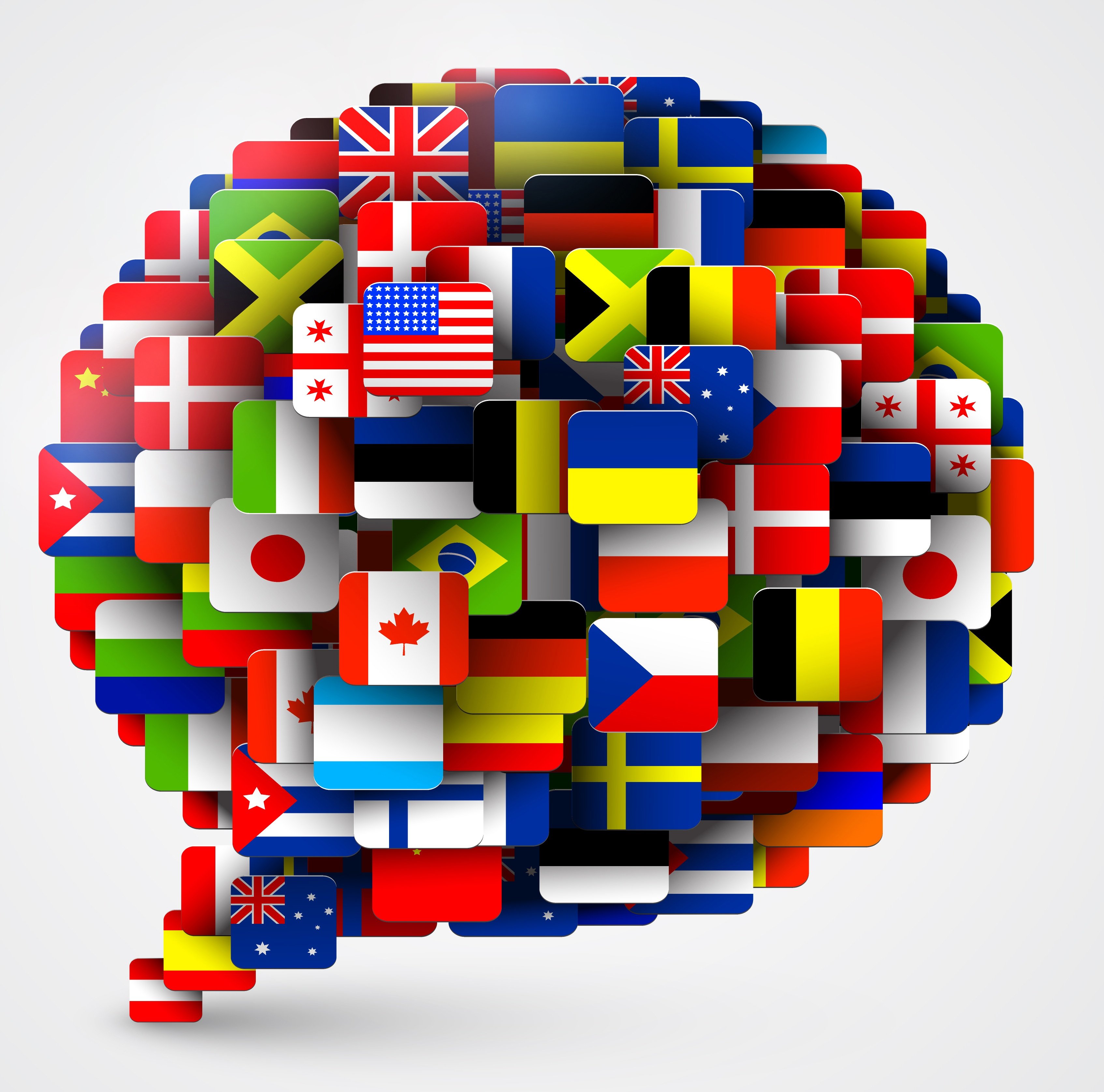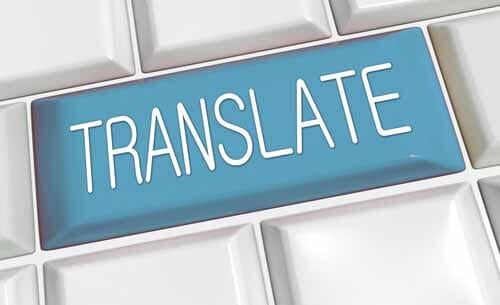Listen to Audio Version:

Time and money are two critical components of any clinical trial, which is why working with a professional language provider to manage clinical trial translations is always a wise decision. And, the earlier in the process, the better. Each stage of development – all the way from preclinical studies through the preparation of dossiers for regulatory approval – has its own translation needs and requirements, but working with one translation agency to oversee all of those demands can make the process smoother and more efficient. Let’s look at four crucial ways that a professional translation agency like Rapport International can influence your company’s speed-to-market timeline:
1. Accuracy – Every clinical trial is laden with paperwork. There are PROs, PILs, QoL Instruments, SmPCs, patient recruitment brochures and release forms, ICFs, site documentation reports, import/export permits, and investigator brochures, just to name a few. All demand superior translation so that clinical trials can proceed. Delays in the clinical trial process, whether due to poor translations on important documents like those listed above or on regulatory documents, guarantee that costs will rise and budgets will expand. Long delays, like those associated with legal proceedings, especially those cases related to adverse affects as a result of poor translations, can cause costs to rise so high that products never make it to market.
Never put the fate of your product in the hands of an inferior translator. Professional translation agencies strive to establish on-going relationships with their clients and when possible, the same translator will work on various documents to keep voice and tone consistent. Always choose an agency with experience. Rapport International, which has done multiple projects for companies like Dynisco Instruments, ClinSmart, Ranfrac, and various health systems in the Northeast, knows that working with a professional translator with Life Science experience is essential for clinical trial translations. Complex medical terminology cannot be a stumbling block in the communication process, whether it’s describing the chemical structure of a new medicine or relaying possible risks to patients in studies, because miscommunication always delays the speed to market.
Companies often delegate the task of finding translators to their CRO’s or to various staff personnel, but good language providers already know where to locate translators that are experienced in the subject matter and fluent in the languages needed. Knowing what languages your translation agency can provide is also worth investigating. Most agencies have translators for common European languages like Spanish, German, Portuguese and French, but not all can handle less common languages like Shanghainese, Gujarati, and Punjabi, or regional dialects like Haitian Creole. As clinical trials continue to expand around the globe, why not work with one translation agency that can seamlessly provide documentation to cover all languages needed regardless of the countries or cultures involved?
2. Efficiency – Working with a single translation agency streamlines the process of translation and thereby saves time and money. For instance, take documents like PROs, SmPCs and Adverse Events that often undergo edits or changes throughout the clinical trial process. Agencies like Rapport International have version management processes in place so that the entire document doesn’t have to be translated again and again. Only the updated information is translated. Also, much of the same information that is used in SmPCs is also used with packaging and labeling, so why not use a single translator to handle both projects? Keeping all translation projects under one roof allows companies to place their needs in the hands of a project manager who can oversee all aspects of the process – resources, data, communication, costs, deadlines, forward & back translations, reviews, debriefings, and finalization reports – so companies can focus on what they do best, which is developing the best product possible.
3. Sensitivity To Audience – Awareness of audience is important for all communications, and even more so when language barriers exist. Imagine using the term “Benign Prostatic Hyperplasia” on patient recruitment materials when the male target audience is in a third world country where most men have limited education. Chances are the clinical trial will die a slow death due to lack of recruits, which is not the scenario a successful company wants to pursue.
Partnering with a translation agency guarantees that audience identification will always be factored into the translation. Experienced translators understand that tone and vocabulary will change as the target audience shifts. Readability, format, and cultural sensitivities, which may include everything from words to colors to pictures, also will be examined for suitability. Remember that Gerber campaign that fell flat in Africa? Working with a translator who understood the local culture, a culture where pictures were used to depict the contents inside jars and packages, could have suggested a better label than Gerber’s iconic happy baby. Something so simple can cause major headaches when cultural attitudes are ignored
Translation is always more complicated than simply converting words from one language to another, which is why working with a translation agency where language, culture, and global project management are all factored into every quote is always a good investment. In the long run, the costs for working with a certified language provider are minimal compared to the wasted costs of dealing with projects that run off course due to poor translations or cultural mishaps. Don’t gamble your company’s future on the translation efforts of your secretary’s sister, who happens to have a degree in Spanish, just to save some money. Invest the time to talk with an agency like Rapport International that guarantees its quotes. It might be one of the best investments you make. Get a Free Quote!
4. Compliance With Regulatory Agencies – Reputable language providers that specialize in clinical trial translations are also knowledgeable about regulatory requirements on a country-by-country basis. Experience with organizations like the FDA, Japanese Pharmaceutical Affairs Law (PAL), and the European Union Directives should not be underestimated. Translation agencies bring an understanding of the language and formats needed to keep clinical trials moving forward through bureaucratic channels. Understanding compliance with ISO quality and risk management standards and CE Mark requirements is also important. Poor translations, misplaced words, or botched protocols with any regulatory body could stall a company’s timeline indefinitely, landing a clinical trial in legalistic limbo that could last for months, if not years. Avoiding errors is a must if timelines and budgets are to be met.
There’s no doubt that high-quality translations can put a clinical trial on the fast track to success. Choose wisely and you’ll quickly realize that investing in professional translation pays big dividends, especially when speed to market is a concern. Call now to find out how Rapport International can boost the success rate of your clinical trials: 1-978-443-2540
Rapport International specializes in multilingual communications, providing language translation and interpretation services that are accurate and culturally appropriate. We use the right voice and the correct terminology to avoid liability, customize services to your needs, and deliver on time and within your budget. With our 100% satisfaction guarantee, you can trust that it’s done right. Contact us today if you would like more information or to get a free quote.
Popular Posts
Popular industry news, interviews, technologies, and resources.
















